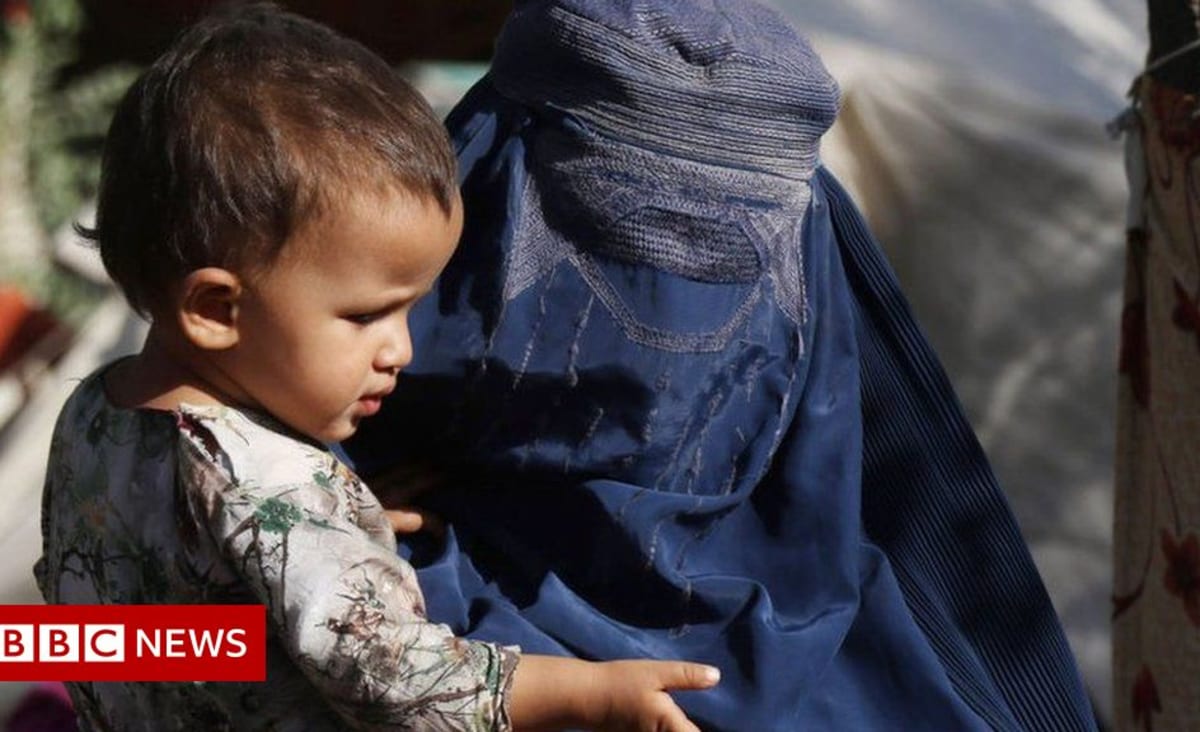
www.bbc.com
Afghanistan: Taliban take 10th provincial capital as Ghazni falls
The fall of Ghazni, south-west of Kabul, brings the militants closer to the Afghan capital.
International
The Taliban have taken the strategically important city of Ghazni, the 10th provincial capital to fall to the militants in less than a week.
Afghan security forces arrested Ghazni's governor and his deputy after they fled the city.
Ghazni is on the major Kabul-Kandahar motorway, linking militant strongholds in the south to the capital, Kabul.
Taking Ghazni is thought to increase the likelihood that the Taliban could eventually aim to take Kabul itself.
Almost a third of the country's 34 provincial capitals are now under Taliban control.
The insurgents have moved at speed, seizing new territories almost daily, as US and other foreign troops withdraw after 20 years of military operations.
In Ghazni, a provincial council member told the BBC that the Taliban had taken most of the city, with only a police base on the outskirts controlled by the Afghan security forces.
Heavy fighting was also reported in the city of Kandahar on Wednesday. The Taliban claim to have taken over the city's prison, though this has not been confirmed.
In the southern city of Lashkar Gah, the capital of Helmand province, militants have taken over the police headquarters.
Meanwhile, the US embassy in Kabul said it was hearing reports that the Taliban was executing Afghan troops who were surrendering, saying it was "deeply disturbing and could constitute war crimes."
The BBC is not responsible for the content of external sites.
More than 1,000 civilians have been killed in Afghanistan in the past month, according to the UN.
Just this week thousands of people from northern provinces have become internally displaced, travelling to Kabul to seek safety.
Makeshift camps have been established on scrubland on the outskirts of the capital, while many others have reportedly been sleeping on the streets or in abandoned warehouses.
























































